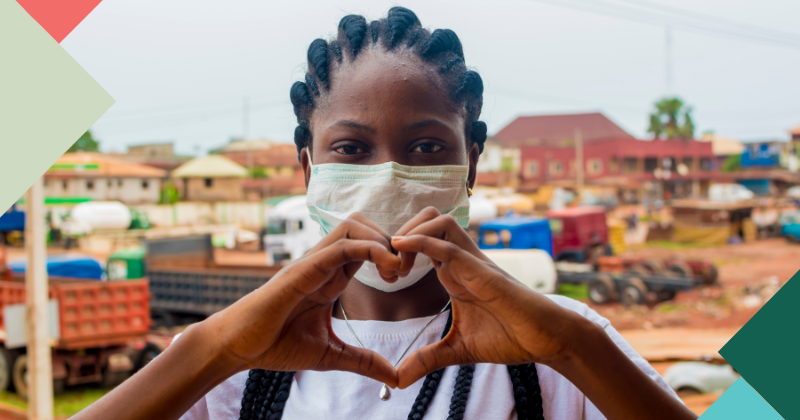What is TDDAP 2, and why does it matter?
The Tackling Deadly Diseases in Africa Programme 2 (TDDAP2) is a major global health security (GHS) initiative funded by the UK’s Foreign Commonwealth and Development Office (FCDO), aimed at strengthening health security in five African countries: DRC, Ghana, Kenya, Malawi and Uganda and continentally through regional bodies such as Africa CDC, WHO AFRO and Institute Pasteur de Dakar. TDDAP2 is also supporting rapid emergency responses to disease outbreaks, through the International Federation of Red Cross Societies (IFRC), UNICEF and WHO, amongst others.
Building on the success of its predecessor, which concluded in 2023, TDDAP2 brings together national, regional and community-level programming under one collaborative umbrella. This multi-tiered approach is critical, not only for addressing current health threats but also for building the durable, interconnected systems needed to prevent and respond to future outbreaks.
Global health security is a critical issue for international attention. The Covid-19 pandemic highlighted how preparedness can be the determining factor in preventing global epidemics. TDDAP 2 stands out because it shifts the focus from crisis response to long-term capacity building. Rather than investing only when emergencies hit, it prioritises the everyday systems—surveillance, coordination, community engagement—that make resilience possible. It’s a forward-thinking approach to global health, grounded in local leadership.
The role of monitoring, evaluation and learning (MEL)
Itad, in partnership with Tropical Health, is leading the MEL component of TDDAP2. This work is vital to ensuring the programme stays accountable, adaptive and impact-driven.
Here is how the MEL team is adding value:
- Monitoring progress and verifying implementation activities in real-time.
- Evaluating how Implementing Partners are contributing to TDDAP2 outcomes, based on an overarching Theory of Change.
- Facilitating continuous learning through workshops, reflection spaces, and adaptive feedback loops.
Our goal is to embed a culture of reflection that not only supports the programme’s success but also creates space to learn from setbacks, gathering insights that can inform broader global health security efforts.
Learning in action: Nairobi MEL Workshop

In June, Itad and Tropical Health facilitated the first-ever TDDAP2 learning event in Nairobi, Kenya. It was a high-energy, in-person gathering of implementing partners, the FCDO team, MEL team.
Over three days, the group reflected on early successes, shared lessons, and explored how the MEL function can better support implementation. The MEL team introduced the theory of change, upcoming learning activities, and verification plans, sparking breakout sessions that encouraged practical, participatory dialogue.
Feedback was overwhelmingly positive. One participant noted the “really interactive sessions”, while another praised the “practicality of the participatory approach”, demonstrating that the workshop fostered an environment for sharing and learning.
Emerging themes
Three key themes stood out from the workshop:
- Stronger collaboration across all levels
There was a recognition that the national, regional and community level implementing partners have room to foster tighter collaboration. The workshop was a great opportunity to reflect on how to ensure these relationships can be improved. - Greater integration of One Health
Participants highlighted the importance of better weaving in One Health principles -recognising the interconnectedness of human, animal, and environmental health. - Keeping preparedness central
This is an essential factor which often gets overlooked but needs to be kept at the centre of what this programme is aiming to achieve.
Final thoughts
The Tackling Deadly Diseases in Africa Programme is more than a health intervention, it is a learning journey. At its core, the programme recognises that strengthening health security requires more than funding and implementation; it demands continuous reflection, real-time evidence, and adaptive learning.
By embedding MEL throughout its design and delivery, TDDAP2 is helping partners identify what is working, address challenges early, and make informed decisions. The Nairobi learning event exemplified this approach – creating space for honest dialogue, shared understanding, and practical improvements.
As the programme evolves, these learning moments will be crucial, not just for TDDAP2’s success, but for shaping how global health programmes everywhere can become more responsive, inclusive, and evidence-driven.



